Alright – so today we’ve got the honor of introducing you to Mike Tourville. We think you’ll enjoy our conversation, we’ve shared it below.
Mike, thanks for taking the time to share your stories with us today Let’s kick things off with your mission – what is it and what’s the story behind why it’s your mission?
Things don’t always reveal themselves right away. Sometimes we get steered by unknown forces. The Healing Voices Project, now a non-profit organization, has a simple mission: to share the stories of those with lived experiences of substance abuse, advancing awareness and supporting community programs to combat addiction. Through multimedia platforms, we provide education on prevention, intervention, and treatment.
I’m not in recovery, but like so many people, I’ve lost too many friends and relatives from substance abuse. With over 100,000 overdose deaths in the US last year, it affects millions of people and it’s nearly impossible to find anyone who has not been affected. Each of those deaths affected the lives of hundreds of others. I’ll bet anyone reding this is one of them.
Despite this massive problem, people are not prepared or informed about how to cope with the turmoil addiction brings, treatment options, and may have realistic expectations about the recovery process. Stigma is a barrier, and unfortunately, sometimes the need to know isn’t evident until it’s too late.
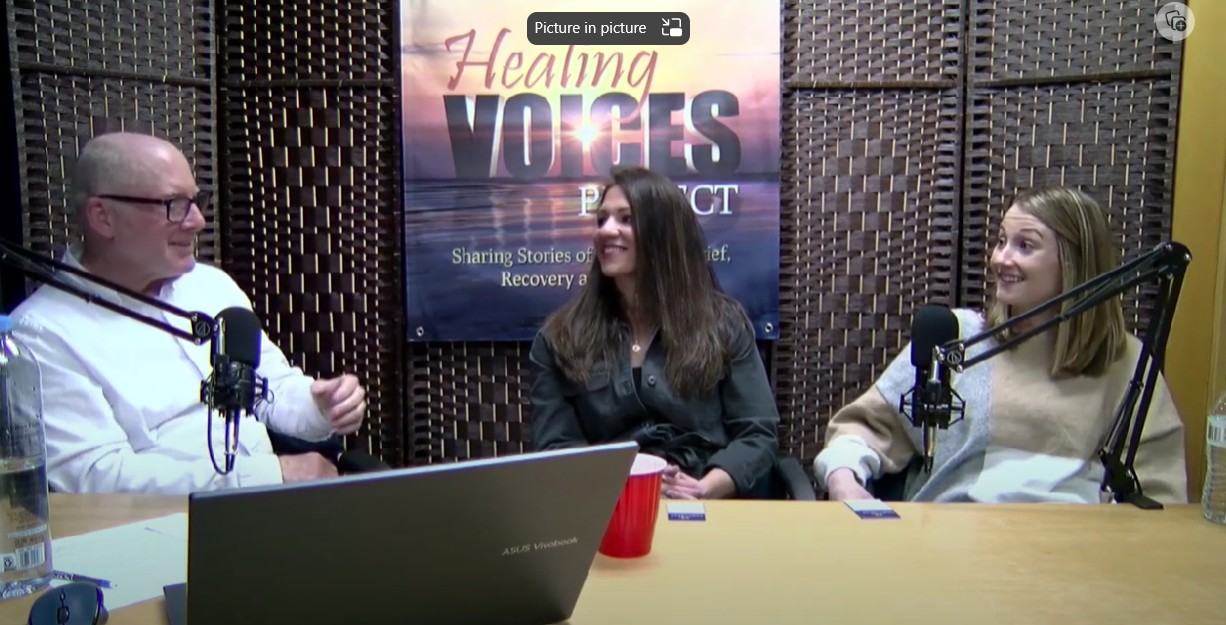
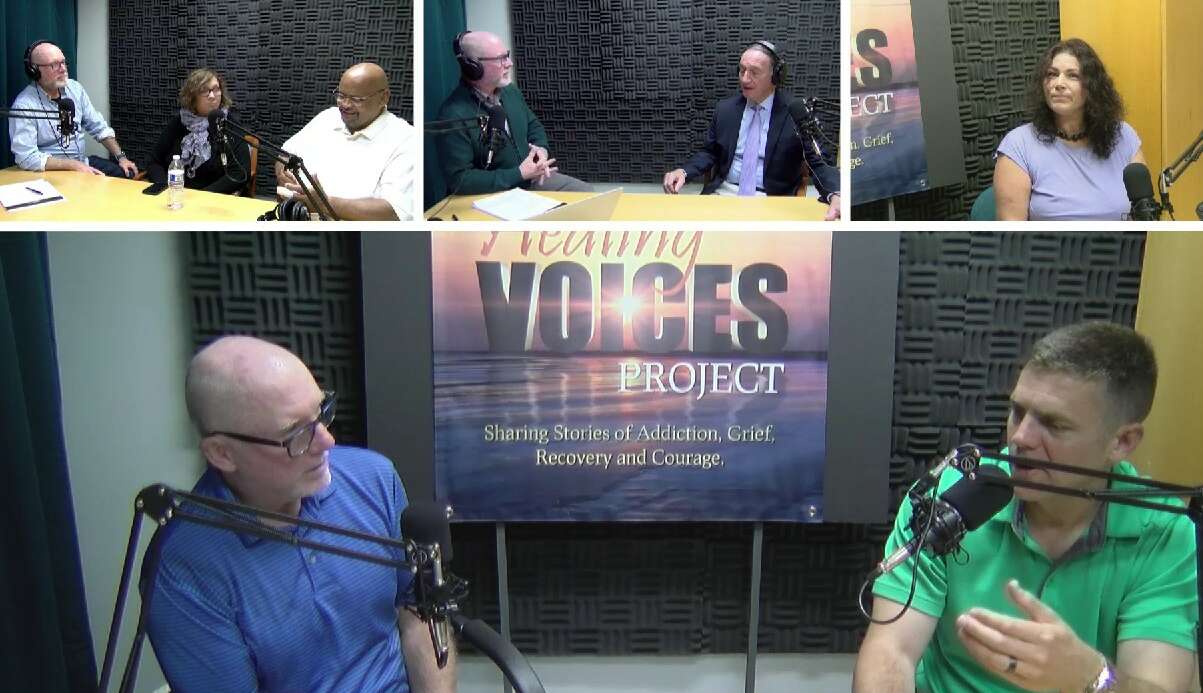
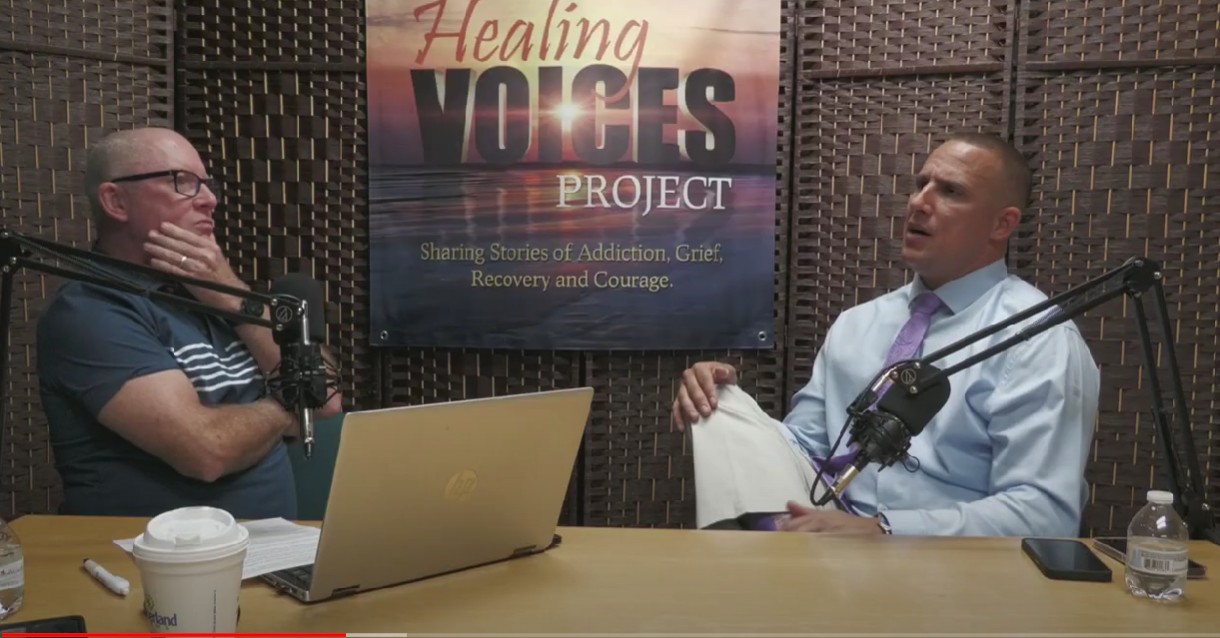
Mike, before we move on to more of these sorts of questions, can you take some time to bring our readers up to speed on you and what you do?
The origins of the Healing Voices project came from a completely different venture, where one unexpected turn led to another. About ten years ago I had written a book called A Promise to Astrid. It’s a true story about our elderly neighbor who helped our young family through difficult times, despite my resistance, in ways that defy explanation. I enjoy writing, and it was a pleasure to bring that story to life. It was even made into a movie in 2018 by JC Films. And it’s worth mentioning that it has absolutely nothing to do with drug addiction.
In May of 2019, A Promise to Astrid was premiering in western Massachusetts. Around the same time my friend Kirk Jonah was planning an event to honor his son Jack, who passed away after an overdose in 2016. Kirk had been speaking at schools about opioid awareness and this event, “Jack’s Walk” was drawing many people from the community to participate.
I mentioned this to Jason Campell, owner of JC Films, and casually asked if he’d be interested in doing a movie about the impact of substance use in a community, and the effect on a family. The overall point of the film, I suggested, would be to spread awareness, reduce stigma, and inspire people to speak up. I didn’t expect such a positive response, nor his ability to jump on the project with such immediacy, energy, and passion. To make a long story short, in the summer of 2019 we wrote a script, set up auditions, made cast selections, determined locations, filmed, and edited. The film, called Jack Jonah, Making Courage Contagious, premiered in early November 2019 in West Springfield, MA.
I asked my friend Kirk if he had any literature to hand out at speaking events or when he showed the movie. When he said no, I volunteered to put something quick together so attendees would have something tangible as a takeaway.
In my effort to put a two-page flyer together, I met with several people who talked about their experiences of overcoming addiction, the challenges, failures, and success. I was so affected by their stories and felt they needed to be told. But not for dramatic or inspirational reasons; the recurring theme I recognized throughout every meeting was that people had no idea how to handle the situation. Families were unprepared and misinformed; they didn’t know who to call, how to react, what to look for, or what to expect. As result, well-intentioned families made poor decisions that were detrimental to recovery and healing.
The little flyer I intended to make evolved into a much larger project. I interviewed dozens of people, and began writing. Something took over and I immersed myself into each story like it was my own, felt their pain, the loss, and their joy, until I became so overwhelmed I had to stop for weeks at a time. I was a wreck. Eventually the project was completed but it took its toll. I wanted to make sure each story was told with a purpose – with something to be learned from each one. It’s important to note that each of the stories is told from the first-person point of view, it’s more personal that way. And same for the insertions of family members and friends in each chapter that show the emotional burden it takes on the people who care about the addicted person.
I had no intention of writing another book, especially on a subject I knew little about. It felt like I attempted to sip from the fountain and got blasted with a fire hose instead.
Each of these eight stories are contained in the book, Voices from the Fallen: True Stories of Addiction, Grief, Recovery and Courage. After the book was published in January of 2021 I was exhausted, and had no intentions of writing another word about addiction.
Then a strange thing happened. I had heard the book was used by a few recovery centers as a teaching tool, and I was happy about that. I was contacted by some people asking if I would be interested in writing their story. I couldn’t muster up the energy but at the same time I recognized the need to provide an outlet to share information, inspiring stories, and to somehow find a way to let people know they are not alone. Writing a book is hard work, and it’s not an easy topic to write about. There had to be a better way.
The biggest impact on me, where I learned the most, was sitting across a kitchen table from the people I met with. Hearing them speak, eye to eye, sharing tears, loss, experiences, stories of relapse and recovery, is something that cannot be adequately conveyed on a typed page. Instead of writing the stories, I thought, why can’t I record those “kitchen table” discussions where others can learn from as I did. Seeing the person, getting to know them, and experiencing their emotions through body language and expressions adds so much depth to storytelling.
That’s where the idea came for the Healing Voices Project.
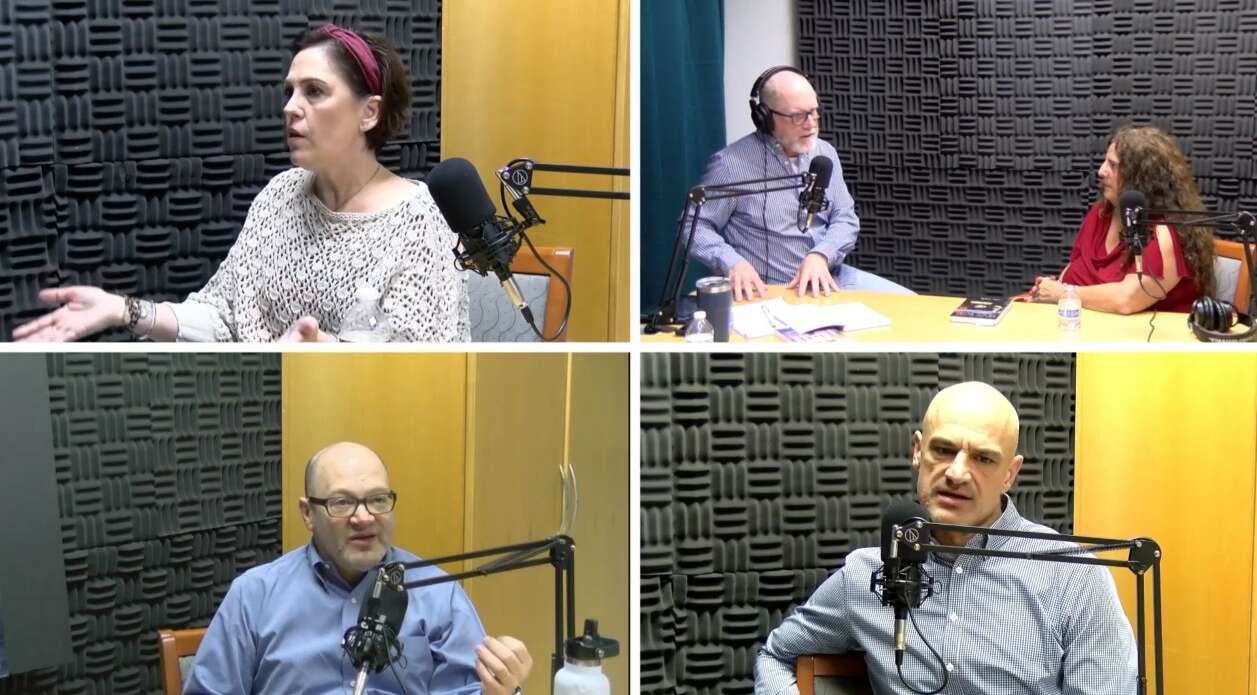
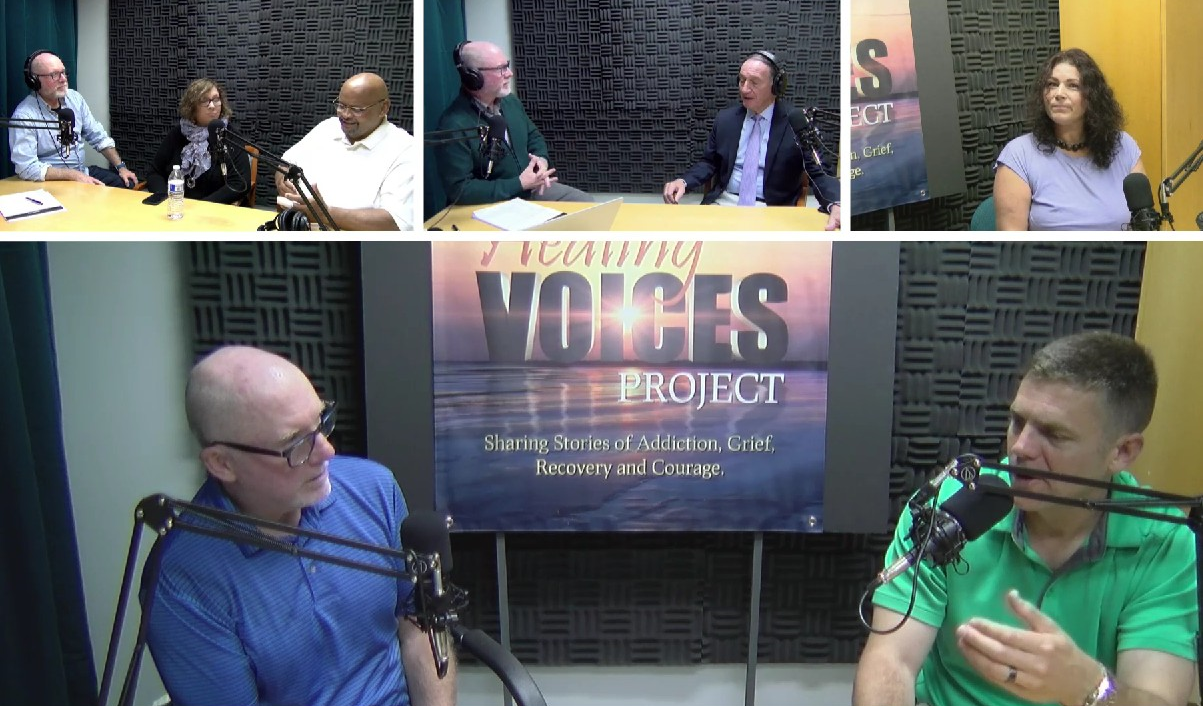
Is there mission driving your creative journey?
It is driven from the need to stop the insanity of the opioid epidemic and spread awareness to help people prepare and make better decisions. I feel the Healing Voices Project is more than a podcast, it’s a platform for hope and healing. After 70 episodes I still learn something from every single guest and have a profound respect for everyone who has come on to share stories of recovery, or talk about the grief of a loved one, or care providers discussing treatment options and updates. There’s so much we try to accomplish by sharing stories. Education, reducing stigma, seeking appropriate treatment are all important aspects to our program. But one glaring thing that comes out of those stories is the need for people to be informed to make better decisions when confronted with substance use among friends or family. So many times, misguided emotions and ill-advised actions lead to counterproductive results. For this reason, it’s extremely important for families to turn to professionals when seeking help, and set realistic expectations throughout the recovery process.
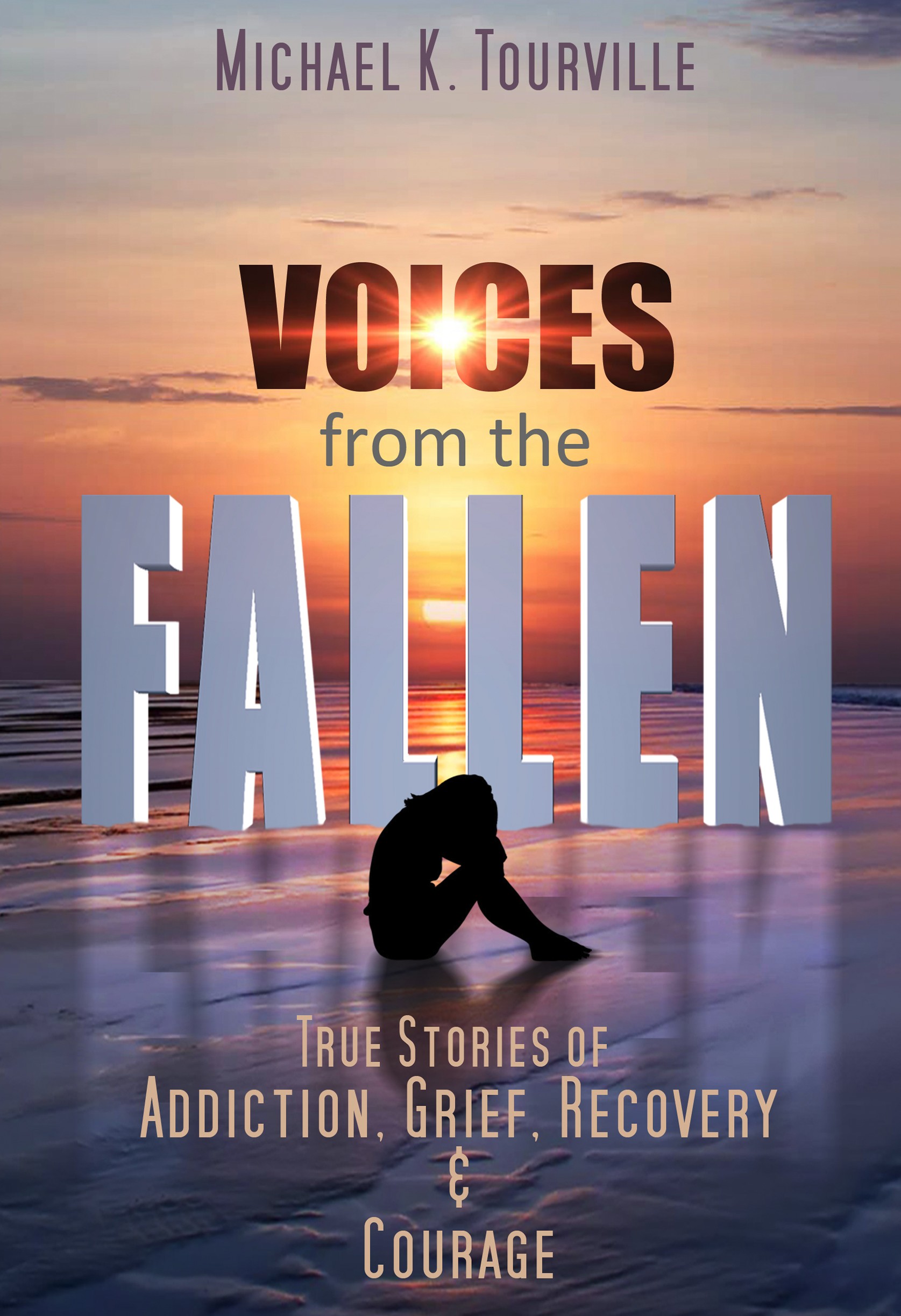
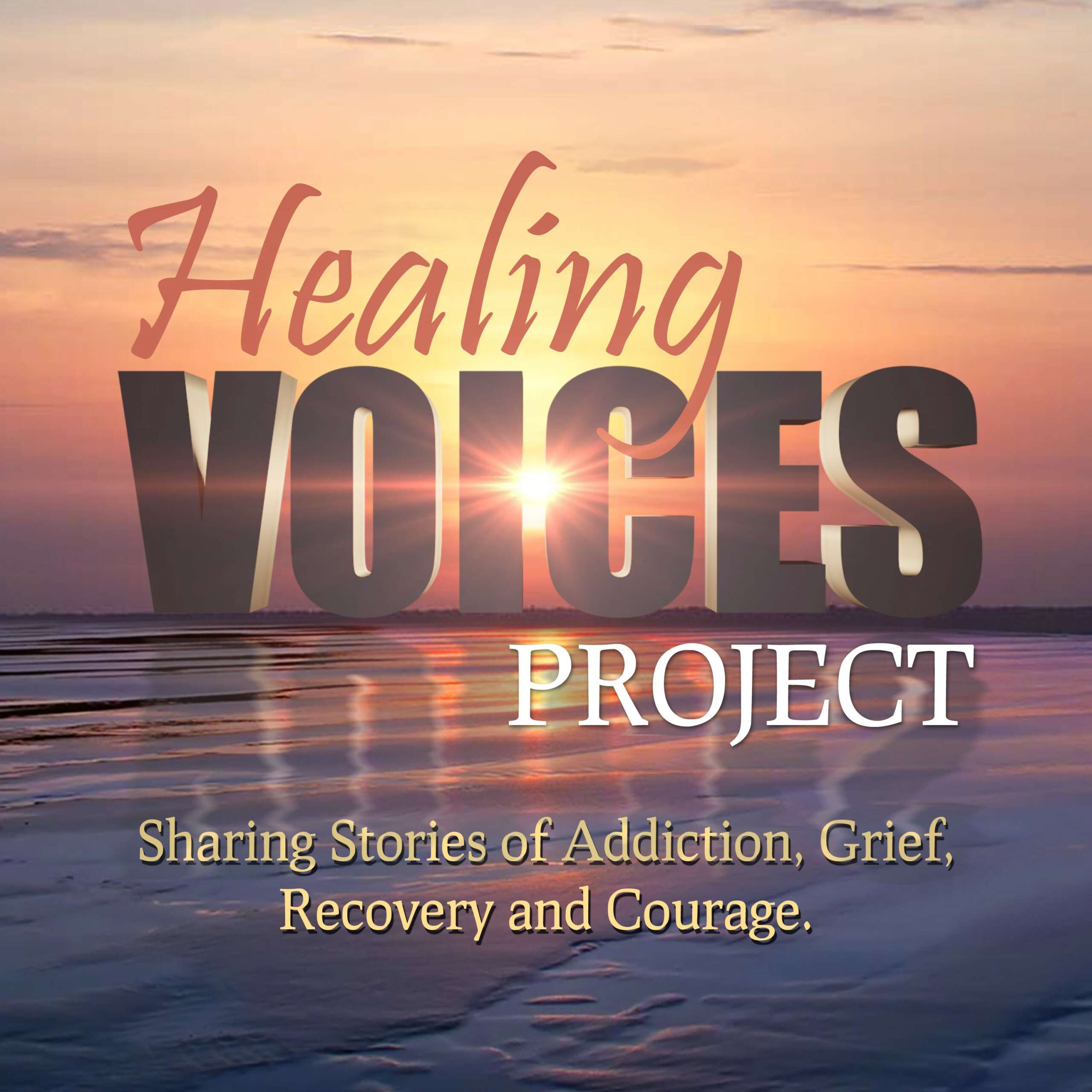
What’s the most rewarding aspect of being a creative in your experience?
While we may never fully grasp our impact, shared experiences can motivate and encourage people while reducing the stigma that often prevents individuals from seeking help. Just knowing we have people listening is rewarding, because they’re listening for a reason. Which may be for themselves or others they care about. Whether it’s prevention advice, treatment options, or guidance from shared experiences, this type of education can help families make more informed decisions.
If lives are saved, well, there’s nothing more important than that.
Every one of our episodes are on the website at www.healingvoicesproject.org, and on youtube and most podcast apps. The Healing Voices Project is a nonprofit 501c3 and we are grateful for any support that helps us reach more people to.
Contact Info:
- Website: www.healingvoicesproject.org
- Facebook: https://www.facebook.com/HealingVoicesProject/
- Linkedin: https://www.linkedin.com/in/mike-tourville-0603187/
- Youtube: https://www.youtube.com/channel/UC3eR6nZ_ToGXi6zOOK5l_fQ


